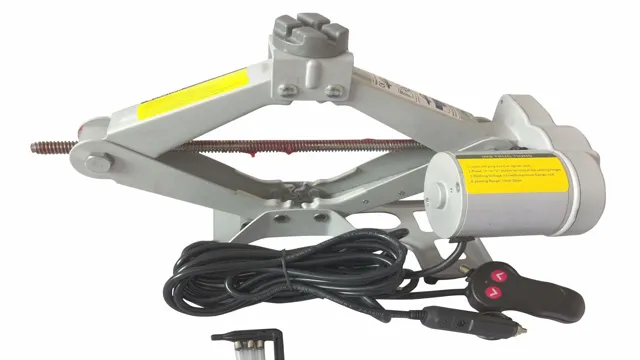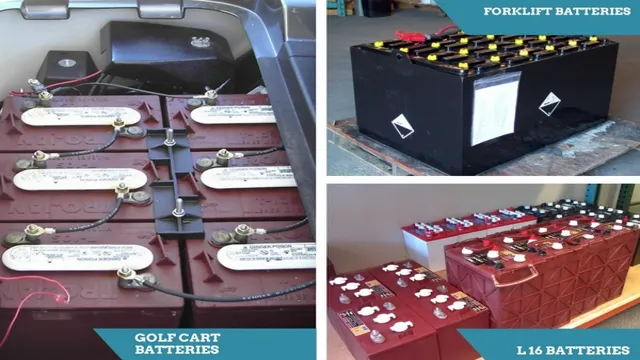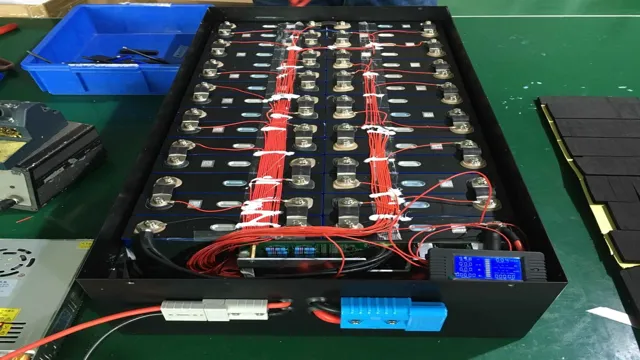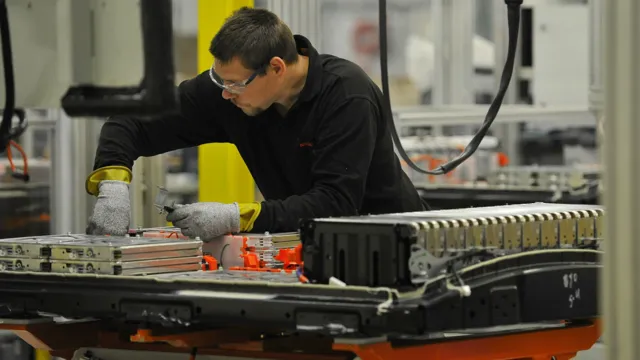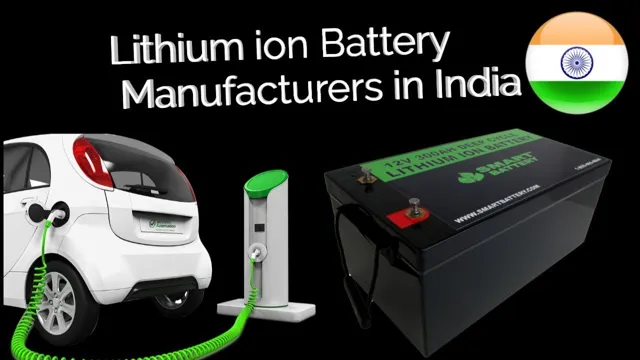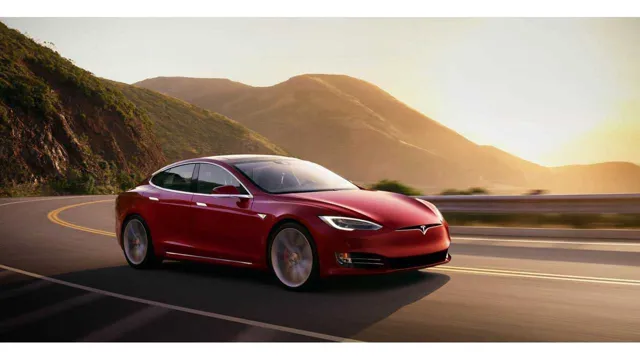The Shocking Reality of Child Labor in the Production of Electric Car Batteries
Electric cars have been touted as a cleaner, greener alternative to gas-powered vehicles, but there’s a dark truth lurking behind the batteries that power them. Child labor. It’s a topic that’s often ignored, but the reality is that many of the batteries used to power electric cars are made using child labor in countries such as the Democratic Republic of the Congo.
These children work in hazardous conditions, mining the minerals needed to make the batteries that power our environmentally friendly cars. It’s a paradox that highlights the hypocrisy of our desire to save the planet while turning a blind eye to the exploitation of some of its most vulnerable inhabitants. So, how do we reconcile our desire for a cleaner world with our moral duty to protect those who live in it?
Understanding Child Labor in Electric Car Batteries
Child labor in the production of electric car batteries is a pressing issue in the automotive industry. Many children are forced to work in dangerous conditions to extract cobalt, which is used in these batteries. These children are often subjected to long hours in mines, resulting in health hazards and a lack of education.
It is sad to see that despite international laws prohibiting the use of child labor, it still exists in some of the poorest countries in the world. This problem is further compounded by the growing demand for electric cars, as it puts a significant strain on the supply chain for cobalt. It is important for companies to take responsibility and implement stricter guidelines to ensure the welfare of these children and prevent child labor abuses in the industry.
By doing so, we can ensure that the production of electric car batteries is ethical and sustainable for all involved.
Statistics on Child Labor in Cobalt Mining
When we think of electric cars, we often imagine a future free of pollution, with clean energy powering our daily commute. However, the making of electric car batteries involves a dark reality that many of us are unaware of; child labor in cobalt mining. According to statistics released in 2020, over 40,000 children in the Democratic Republic of Congo (DRC) work in cobalt mines.
DRC is responsible for 70% of the world’s cobalt production, and the mineral is a crucial component in the production of electric car batteries. Children as young as six years old are reportedly working in hazardous conditions, such as mineshafts, for meager wages. It’s crucial to understand the impact of our choices as consumers when it comes to electric cars.
By buying an electric vehicle, we may be contributing to child labor in cobalt mines. As responsible consumers, we must demand ethical and sustainable practices that ensure that no child’s education or life is sacrificed for the sake of our clean energy future.
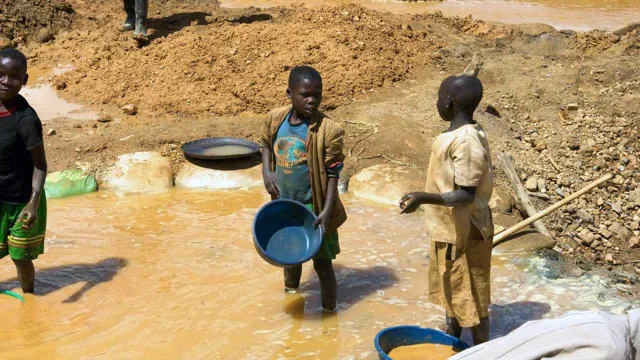
How Electric Car Companies are Responding
Electric car companies have been facing increased scrutiny in recent years over their use of child labor in the mining of materials used to create electric car batteries. Many of these materials, such as cobalt and lithium, are found in countries with lax labor laws. Some companies have responded by pledging to improve sourcing transparency and implement ethical supply chain practices.
For example, Tesla has stated that they only source materials from responsible suppliers and conduct routine audits to ensure suppliers are adhering to their standards. Other companies have made similar promises, but it remains to be seen how effective these measures will be in combating child labor. As consumers become increasingly aware of these issues, it will be important for companies to continue to address them and work towards more ethical production practices.
The Impact of Child Labor in Electric Car Batteries
The increased demand for electric cars has brought up concerns over child labor in the production of electric car batteries, as some of the resources needed, such as cobalt, are often mined by underaged children in distressed areas such as the Democratic Republic of Congo. This issue is particularly problematic as cobalt is a key component in lithium-ion batteries used in electric cars, and manufacturers have not yet found a substitute for it. While some companies, such as Tesla, have taken steps to ensure that their supply chains are free of child labor, others have not been as proactive in their efforts.
This raises ethical questions about the responsibility of car manufacturers and the need for greater transparency in the supply chain. Ultimately, the use of child labor in the production of electric car batteries undermines the purpose of electric cars as a sustainable and socially responsible alternative to traditional gas-powered vehicles.
Environmental Impact of Cobalt Mining
The environmental impact of cobalt mining is a major concern in the production of electric car batteries. Cobalt is an essential raw material for the batteries that power electric vehicles. However, most of the world’s cobalt comes from the Democratic Republic of Congo (DRC), where the mining industry is laden with human rights abuses and environmental harm.
One significant issue is the widespread use of child labor in cobalt mining. Children as young as six years old are working in hazardous conditions to extract cobalt, which has devastating effects on their health and development. Furthermore, the mining process itself is highly destructive, resulting in deforestation, soil erosion, and water pollution.
As consumers, it’s crucial to be aware of the impact our purchases have on the world around us. We must demand greater transparency in the supply chain and support efforts to reduce and eliminate the use of child labor in cobalt mining.
The Toll on Child Workers
While electric cars are becoming increasingly popular as a sustainable solution for our transportation needs, the sad reality is that the production of electric car batteries involves the exploitation of child labor. Children as young as six years old are often forced to mine cobalt, a key mineral used in these batteries. These young workers endure long hours in dangerous conditions, often without proper safety equipment or training.
Not only does this practice rob these children of their childhoods, but it also has a devastating impact on their health and well-being. The cobalt mines are filled with dust and toxic fumes that leave many children with respiratory problems, lung disease, and other serious illnesses. It’s time we take a closer look at the true cost of our dependence on electric cars and work towards a more ethical and sustainable solution.
Consumer Responsibility
As consumers, we have a responsibility to ensure that the products we purchase are created ethically and without exploiting workers. One of the areas of concern in this regard is the electric car industry, specifically the production of batteries. The demand for electric cars has soared in recent years, leading to an increase in lithium-ion battery production.
It is estimated that around 100,000 children are involved in the mining of cobalt, a key ingredient in electric car batteries, in the Democratic Republic of Congo. These children work long hours in dangerous conditions for little pay, with no access to education or healthcare. As consumers, we must educate ourselves on the production processes of the products we purchase and demand that companies take steps to ensure that child labor is not used in their supply chains.
By doing our part, we can help put an end to the exploitation of vulnerable children and promote ethical business practices.
Alternatives to Child Labor in Electric Car Batteries
Child labor in the production of electric car batteries is a major concern, and the good news is that there are alternatives. One of these is the use of recycled batteries, which not only reduces the impact on the environment but also avoids the need for mining materials that often rely on child labor. Another alternative is to source materials from mines that have been certified as “responsible” or “conflict-free,” where child labor is prohibited and ethical standards are met.
Additionally, manufacturers can invest in education and vocational training that provides children with opportunities for a better future and prevents them from being forced into labor. By adopting these alternatives, the industry can move towards a more sustainable and ethical future. However, it’s crucial that consumers demand such practices from the manufacturers they support and that policymakers develop legislation to ensure that child labor is no longer tolerated in the production of goods.
Efforts to Develop Sustainable Cobalt Mining Practices
Electric car manufacturers are facing increasing pressure to develop sustainable cobalt mining practices. Cobalt is essential in the production of electric car batteries, but its mining has been associated with child labor and harsh working conditions. To address this, many companies are exploring alternative sources of cobalt, including recycling, mining in countries with strong labor protections, and investing in new battery technologies that use less or no cobalt.
However, some experts argue that a complete shift away from cobalt mining is not yet feasible, and that efforts should be focused on improving working conditions and eradicating child labor in mining communities. Overall, the industry is working to find a solution that balances the demand for sustainable energy technology with the need for ethical and fair labor practices.
Embracing Alternative Materials for Batteries
Electric car batteries have been scrutinized due to their reliance on child labor in the mining of materials such as cobalt. While many automakers have committed to reducing their dependence on these materials, others are turning to alternative materials. For example, solid-state batteries made of ceramics and polymers have been shown to have the potential to replace traditional batteries and eliminate the need for cobalt.
Additionally, researchers are looking into using organic materials such as lignin, which is a byproduct of the paper industry and can be used as a binder for electrodes in batteries. Embracing these alternative materials not only addresses the ethical concerns around child labor, but also has the potential to improve battery performance and reduce costs. As consumers become more conscious of the impact their purchases have, it’s crucial for the automotive industry to prioritize sustainability and consider alternative materials for their products.
The Future of Child Labor in Electric Car Batteries
It’s no secret that electric cars are becoming increasingly popular due to their eco-friendliness and fuel efficiency. However, it’s also no secret that the batteries used in these vehicles are often manufactured using materials mined by child laborers. This practice is particularly rampant in cobalt mines in the Democratic Republic of Congo, where children as young as six are often forced to work in extremely dangerous conditions.
The good news is that many companies, such as Tesla and Apple, have pledged to improve labor conditions in their supply chains by monitoring their sources and demanding better working conditions. Although eliminating child labor in electric car battery production may be a long and challenging process, it’s crucial for the future of both sustainable energy and human rights.
Conclusion
In conclusion, the use of child labor in the mining of materials for electric car batteries is a shocking and unacceptable reality. It is a stark reminder that our pursuit of sustainable transportation should not come at the expense of human rights and ethical principles. As consumers, we should demand transparency and accountability from companies in their supply chain management practices.
Only through collective action and responsible choices can we drive towards a future of clean energy and fair labor practices.”
FAQs
What is child labor in relation to electric car batteries?
Child labor is the exploitation of underage workers in the mining and production of the materials used in electric car batteries. This includes working in dangerous conditions and being paid low wages.
What steps are being taken to eliminate child labor in the production of electric car batteries?
Some electric car companies are working with their suppliers to ensure that child labor is eliminated from their supply chains. Additionally, organizations are advocating for better labor laws and enforcement to prevent child labor.
How can consumers make sure their electric car battery was not produced using child labor?
Consumers can research and choose electric car companies that have a transparent and responsible supply chain. They can also look for certifications such as Fairtrade or the Responsible Minerals Initiative.
What are the environmental impacts of electric car battery production?
The production and disposal of electric car batteries can have significant environmental impacts, including the release of toxic chemicals and the use of large amounts of natural resources. Companies are working to improve the sustainability of their production processes and to develop more environmentally-friendly battery technologies.
